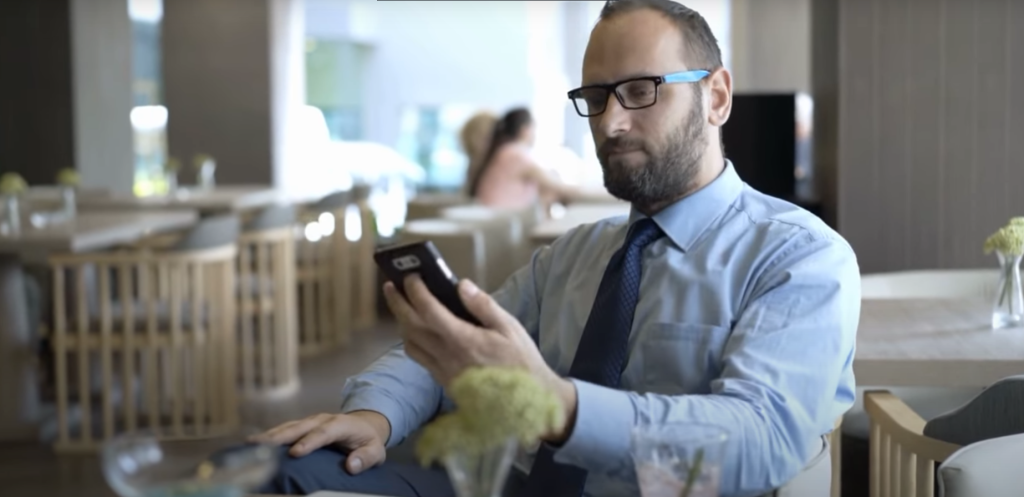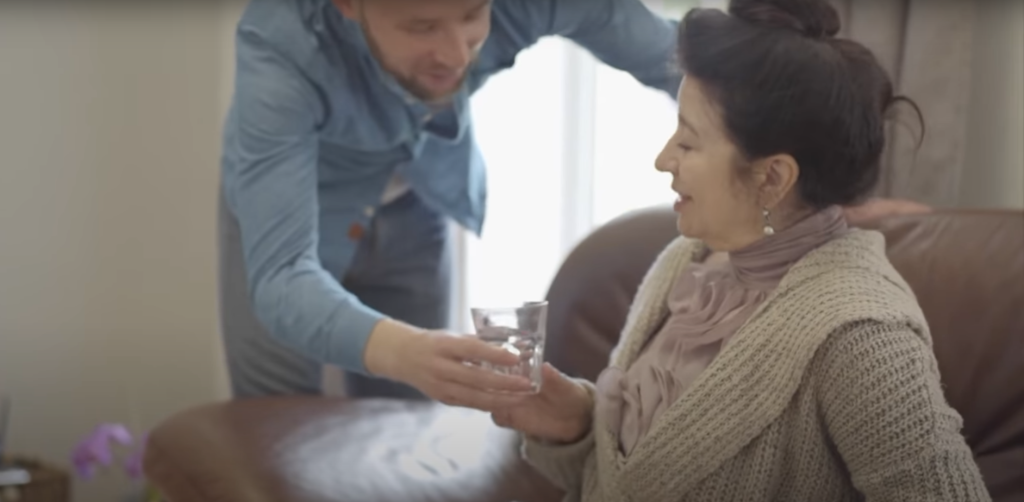Whatever the goal may be, launching a business, becoming financially independent, or simply living a fulfilling life, everyone wants success. Too often, though, we strive for an easy path by looking for shortcuts and “secret hacks.” In truth, sustainable success is rarely achieved through tricks. In most cases, it comes from a handful of simple habits that are consistently practiced.
As a financial advisor and entrepreneur, I’ve been mentored by some of the world’s most accomplished people. Throughout masterminds, partnerships, and daily work, I’ve noticed a pattern: the most successful people don’t rely on gimmicks. Rather than following a set of rules, they adhere to a set of behaviors that can’t help but make them refer you to others. These are called the Referability Habits.
However, these habits aren’t just for business. It’s a set of timeless values that shape character, build trust, and open doors in all aspects of your life. They are the true foundation of success, and I’ve also made it my personal mission to teach them to my children.
So, with that said, the following are four habits every future millionaire — and every person of integrity should master.
Table of Contents
ToggleHabit #1: Show Up on Time

It sounds basic, but punctuality speaks volumes. Why? As author Karen Joy Fowler put it, “Arriving late is a way of saying that your own time is more valuable than the time of the person who waited for you.”
I used to be guilty of this myself, brushing off a few minutes here and there as no big deal. However, those minutes communicated carelessness and caused hidden stress. It was common for me to rush into meetings frazzled, distracted, and not fully present.
It all changed when I arrived five minutes early. Now, I’m focused, calm, and prepared. Instead of scrambling, I’m centering myself. That calm confidence shows respect for the other person. And respect builds trust.
Lesson: Being early is more than polite; it’s a competitive advantage.
Habit #2: Do What You Say
Your word is your character. Promises are more than casual remarks — they are commitments. The more you keep them, the more credible you become. When you don’t, you erode trust.
Or as Denis Waitley, motivational speaker, author, and consultant, said, “Losers make promises they often break. Winners make commitments they always keep.”
I learned this the hard way. A client once asked me for assistance with a retirement account issue. So I promised. However, my back office mishandled it, so it took a year to resolve. After admitting my mistake and apologizing, I pushed relentlessly until the problem was fixed.
Ultimately, the client wasn’t angry at me — they were impressed that I didn’t give up. While it was messy and inconvenient, I followed through.
Lesson: If you can’t do something, don’t promise to do it. Whenever circumstances change, communicate openly. It’s not about perfection; it’s about integrity that defines reliability.
Habit #3: Finish What You Start—With Maximum Effort
“Starting strong is good. Finishing strong is epic.” — Robin Sharma
The first step is easy. But a strong finish is rare. It’s the finish that makes or breaks a reputation.
I once hired a designer for a full website redesign. Halfway through, disaster struck when his subcontractor vanished with key documents. It would have been easy for him to give up, blame someone else, and disappear. Instead, he called me immediately, owning the problem and making a commitment to fix it.
While the timeline shifted and the budget was adjusted, he still delivered. He not only transformed my business, but also my opinion of him. More than the design itself, I was impressed by his accountability and grit. Since then, I’ve referred him to countless clients.
Lesson: People remember not just what you deliver, but how you handle adversity. Regardless of what happens, finish strong.
Habit #4: Always Say “Please” and “Thank You”

The importance of gratitude cannot be overstated. The simple act of saying “please” acknowledges respect. A sincere “thank you” acknowledges value. There is no better networking strategy than these words when it comes to building connections and goodwill.
In the words of award-winning author Frank Sonnenberg, “It costs nothing to say please and thank you. But forgetting those magic words can cost you everything.”
Chick-fil-A is a good option. Their legendary customer service can be summed up in two words: my pleasure. With those words, every interaction feels personal and warm. Compare that with anonymous online orders, where no one acknowledges you. Which experience is most memorable to you? If you were to refer someone else to one of these, which one would you recommend?
Lesson: Courtesy compounds. Words can have a big impact, even when they are small.
The Bottom Line
There’s nothing flashy about punctuality, reliability, perseverance, or gratitude. They won’t make headlines. However, these habits will make you unforgettable. By consistently practicing them, trust, credibility, and a reputation are built.
It won’t be necessary for you to ask people to recommend you. They’ll want to do so.
Referable people aren’t just successful. They’re also dependable. A person like that is what people want to be part of their team, their business, and their lives.
FAQs
I’m already busy. How do I start building these habits?
You should start small. Identify one habit at a time and work on it. For example, commit to being five minutes early this week. Once you feel comfortable with that, proceed to the next step. Taking small, consistent steps leads to lasting change.
What if I can’t finish something I started?
Communicate right away. Make sure you don’t disappear. You should also take ownership of the situation, explain it clearly, and offer a clear plan. The key to integrity is not to avoid mistakes, but to handle them honestly.
How can I teach these habits to my children?
You should model them. For instance, show up on time for their events. Also, follow through on promises. And, use “please” and “thank you” in daily life. Children learn habits from watching you, not from lectures.
Are these habits only important in business?
Not at all. Whether in relationships, friendships, classrooms, or sports teams, they apply everywhere. After all, every relationship relies on trust and respect.
What’s the biggest takeaway?
The road to success isn’t paved with shortcuts. It’s built on trust. With these habits, you’ll stand out — not because you demand attention, but because people will refer you.
Image Credit: Andrea Piacquadio; Pexels








